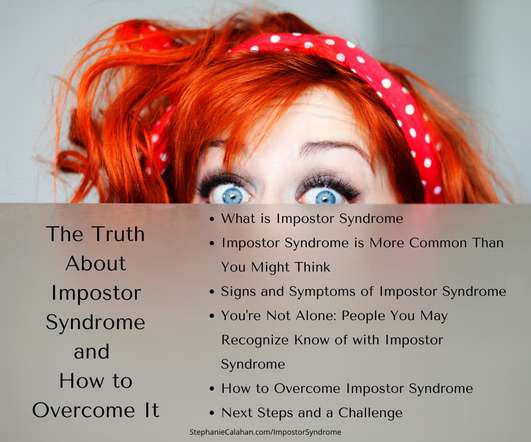DNA of a Star Assistant™ by Joan Burge
Office Dynamics
SEPTEMBER 6, 2012
The conference committee asked that I include some information on research I did in an article I wrote called The DNA of a Star Assistant™. Mind Set vs. Skill Set. If you have the right mind set, it will develop the skill set. Are you working to develop your soft skills? Here are some questions and thoughts for you.












Let's personalize your content